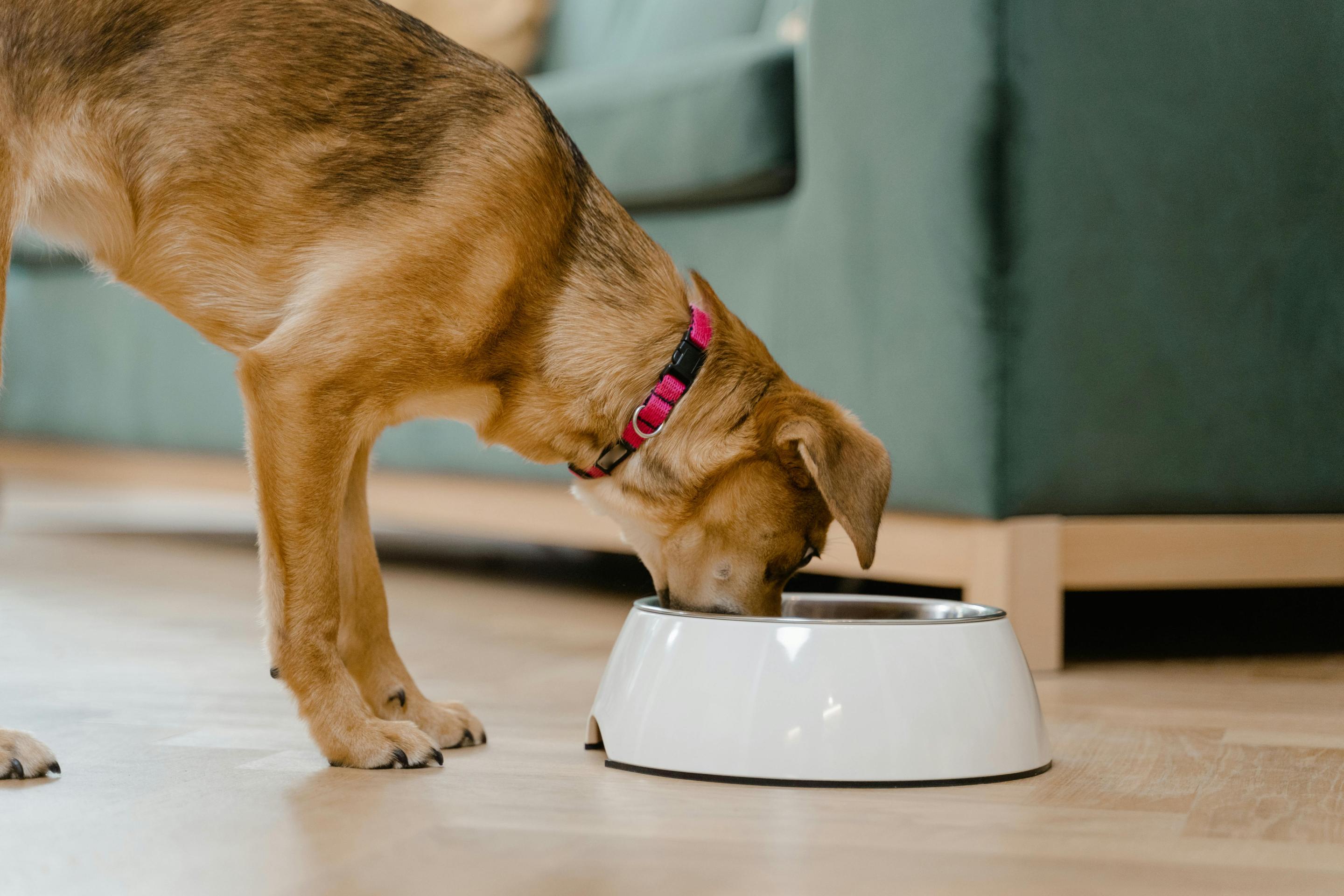Just like humans, dogs can develop allergies to certain foods, causing discomfort and health issues that may impact their overall quality of life. Understanding food allergies in dogs, their symptoms, and how to manage them is essential for keeping your furry companion happy and healthy.

What Are Food Allergies in Dogs?
A food allergy occurs when a dog’s immune system overreacts to specific proteins found in their food. This reaction can lead to a range of symptoms, from skin irritation to digestive problems. Food allergies differ from food intolerances, which usually affect digestion but do not involve the immune system.
The most common allergens in dogs include:
-
Beef
-
Dairy
-
Chicken
-
Lamb
-
Wheat
-
Soy
-
Eggs
These ingredients are often found in many commercial dog foods, making it challenging to pinpoint the cause of an allergic reaction.
Symptoms of Food Allergies in Dogs
Food allergies in dogs can manifest in various ways, and symptoms may vary from mild to severe. Common signs include:
-
Skin Issues:
-
Itchy or red skin (especially on the ears, paws, face, or belly)
-
Chronic ear infections
-
Hair loss or excessive shedding
-
-
Digestive Problems:
-
Vomiting
-
Diarrhea
-
Gas or bloating
-
-
Behavioral Changes:
-
Increased scratching or licking
-
Restlessness or irritability
-
If you notice any of these symptoms, it’s essential to consult your veterinarian for an accurate diagnosis.
Diagnosing Food Allergies in Dogs
Diagnosing a food allergy can be a lengthy process. Your veterinarian may recommend the following steps:
-
Elimination Diet:
-
This involves feeding your dog a limited-ingredient diet or a prescription hypoallergenic diet for 8-12 weeks. The goal is to eliminate potential allergens and monitor for symptom improvement.
-
-
Reintroduction Phase:
-
After symptoms subside, individual ingredients are gradually reintroduced to identify the specific allergen causing the reaction.
-
-
Allergy Testing:
-
In some cases, your veterinarian may recommend blood or skin tests to aid in diagnosis, though these are generally less reliable than elimination diets.
-
Managing Food Allergies
Once the allergen is identified, managing your dog’s food allergy becomes more straightforward. Here are some tips:
-
Switch to a Hypoallergenic Diet:
-
Choose a diet that avoids the identified allergen. Limited-ingredient diets or novel protein sources (e.g., duck, venison, or kangaroo) are often recommended.
-
-
Read Labels Carefully:
-
Always check the ingredient list on commercial dog foods and treats to ensure they don’t contain the allergen.
-
-
Provide Nutritional Balance:
-
Work with your veterinarian to ensure your dog’s diet meets their nutritional needs while avoiding allergens.
-
-
Avoid Table Scraps:
-
Human food can contain hidden ingredients that may trigger an allergic reaction.
-
Prevention and Long-Term Care
While it may not be possible to prevent food allergies, early detection and proper management can significantly improve your dog’s quality of life. Regular veterinary check-ups, a consistent diet, and monitoring for symptoms are key to keeping allergies under control.
Additionally, be cautious when introducing new foods or treats. Introduce them gradually and observe your dog for any adverse reactions.
When to See a Veterinarian
If you suspect your dog has a food allergy, don’t hesitate to seek veterinary care. Persistent symptoms like severe itching, chronic ear infections, or gastrointestinal issues can lead to secondary infections or other complications if left untreated. Your veterinarian can guide you through the diagnostic process and recommend a tailored treatment plan.
Food allergies in dogs can be challenging to manage, but with the right approach, your furry friend can lead a happy and healthy life. Understanding the symptoms, identifying the allergen, and maintaining a proper diet are crucial steps in managing food allergies.
At Ingleside Animal Hospital, we’re here to help. If you suspect your dog has a food allergy or need assistance creating a tailored diet plan, contact us today to schedule an appointment. Together, we can ensure your dog stays healthy and comfortable!
If you have questions and you'd like to reach out to us, you can call us directly at (602) 833-7511, or you can email us at [email protected]. Don't forget to follow us on social media Facebook, Instagram.
